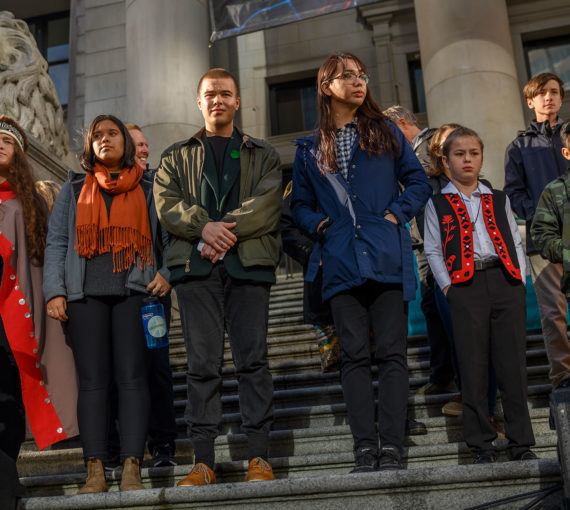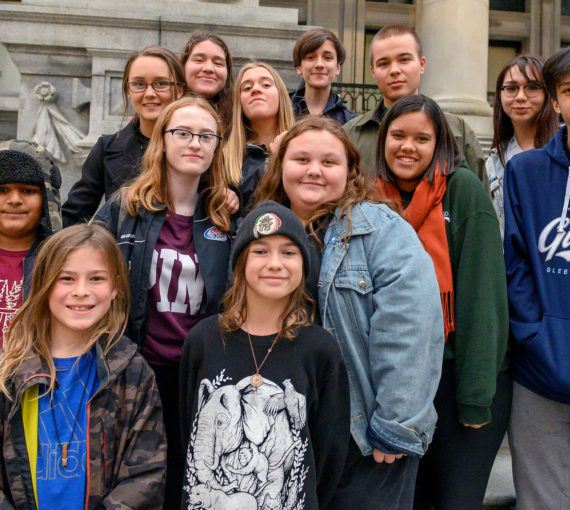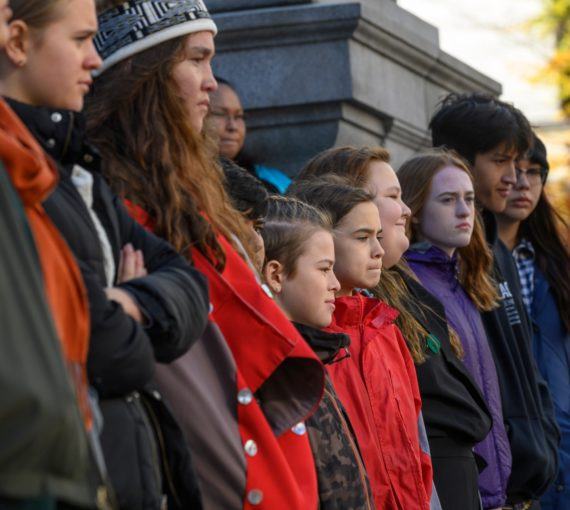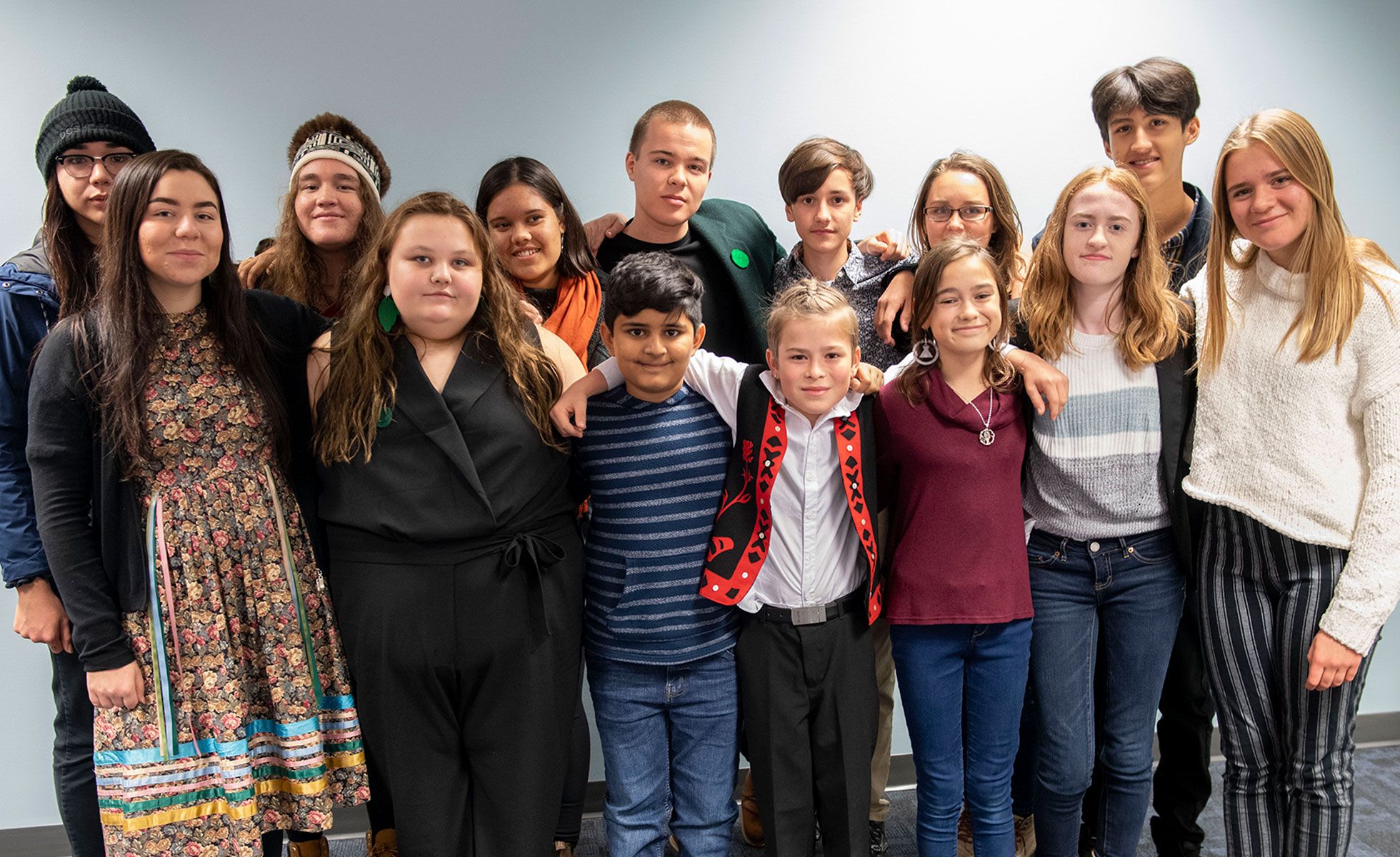
These brave, well-spoken young activists range in age from 10 to 19. They hail from seven Canadian provinces and one territory. All are concerned about the world they’re inheriting. (Photo: Robin Loznak via Our Children’s Trust)
On October 25, 2019, 15 Canadian youth, representing seven provinces and one territory, filed a lawsuit in the Federal Court of Canada.
They’re alleging that the federal government causes, contributes to and allows dangerous levels of greenhouse gas emissions and is responsible for the specific, individualized climate change impacts they are experiencing.
This case moves the Canadian youth climate movement from the streets to the courts. It aims to change how we govern, run our economies, and protect and preserve a safe, livable climate for future generations.
The youth are supported by the David Suzuki Foundation, Pacific Centre for Environmental Law and Litigation and Our Children’s Trust and represented by law firms Arvay Finlay LLP and Tollefson Law Corporation.
We’re inspired by these brave, bold young climate leaders. This is the first of three posts introducing the plaintiffs. Stay tuned for more of their stories.
For more information, read our October 25 news release.
Meet Canada’s young climate activists
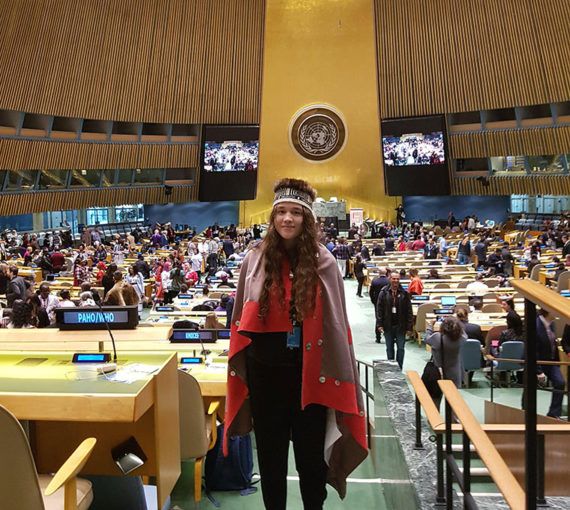
Haana (Haida Gwaii, B.C.)
“I believe that stopping climate change is necessary so that future generations can grow up in a sustainable world, secure about the future of their planet and culture.”
Haana is learning her Indigenous Haida language. She’s passionate about environmentalism and using her voice to protect her culture, land and the environment.
Living on the waterfront near a dock on the island makes Haana particularly vulnerable to the challenges of sea level rise from climate change. Drier, hotter summers have seriously reduced her family’s ability to catch salmon. Typically, they could catch about 50, but this year they only caught five. Gathering natural resources used in cultural practices is also getting much more difficult with climate change.
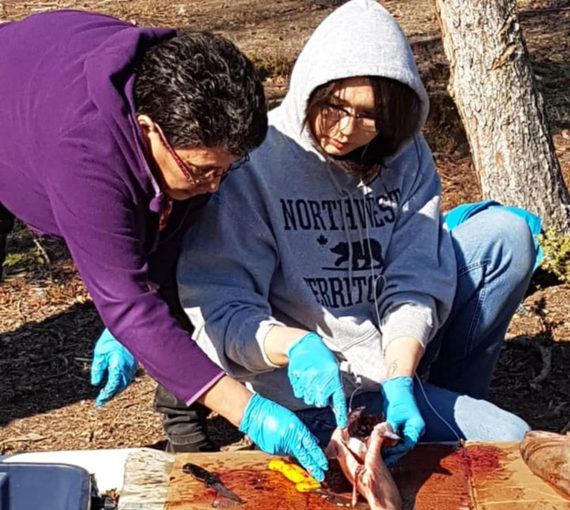
Hiroki (Fort Good Hope, Northwest Territories)
Hiroki is an Indigenous youth of Dene and K’asho Got’ine descent and a youth adviser on the Fort Good Hope city council. Concern is rising in the area about melting permafrost. Climate change is boosting levels of pollutants such as PCBs and DDT in the atmosphere. Mercury and persistent organic pollutants are being released, which is affecting Hiroki’s family’s ability to hunt for food. They’ve noticed that wild game has been contaminated. People in the community are getting sick after eating it. Their water is also showing signs of contamination.
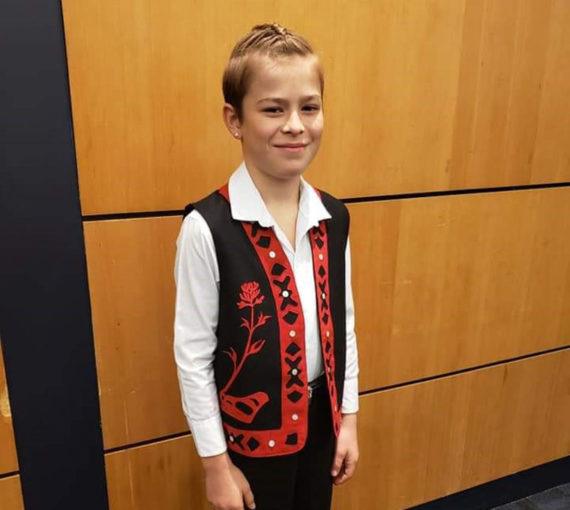
Montay (Smithers, B.C.)
“I want to be involved in climate change because my grandpa’s ranch burnt down and more things are going to happen if we don’t do something, and fast. I just want other people to know bad things could happen to them. We need to protect the Earth from climate change.”
Montay has Wet’suwet’en and Tahltan heritage. He loves participating in traditional singing, drumming, dancing and storytelling ceremonies. The canyon near Montay’s home provides sockeye salmon and steelhead trout for him and his family.
Climate change has taken a toll by limiting access to plants and animals integral to traditional ceremonies. Elders can’t pass on their knowledge about the importance of natural resources in ceremonial use as easily. Rising temperatures and low river levels in recent years have led to steep declines in fish in the canyon. Montay and his family catch far fewer fish than they used to and numbers are further reduced through quota limits.
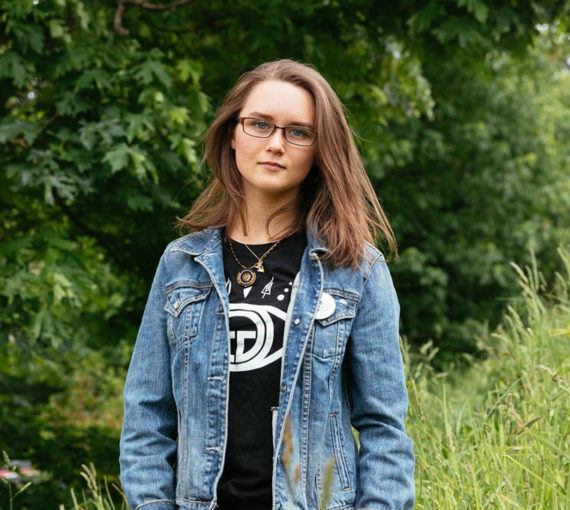
Sierra (Duncan, B.C.)
“To make the changes we need to in time, we need to take action on every level. This case is my opportunity to take my activism from the streets into the courtroom so that we as youth can demand that our government stop violating our rights.”
Sierra is a homeschooler, environmental activist, permaculture teacher and farmer who lives in the Cowichan Valley on Vancouver Island, where she has been helping her family and community move toward regenerative practices since she was seven years old. Due to rising temperatures and decreased rainfall, Sierra and her family have had to adapt to the changing climate by planting more drought- and heat-resistant crops. In 2017, Sierra was diagnosed with Lyme disease, which is transmitted by infected black-legged ticks and can have debilitating effects such as fibromyalgia, joint pain and chronic fatigue. In Canada, rising temperatures have increased the range of black-legged ticks and the season in which they are active.
Having witnessed the effects of climate change on her health and home, Sierra has been working with Earth Guardians National Youth Council and organizing through her local chapter of Earth Guardians to encourage widespread direct actions. She recognizes that to create change, we need action at individual, community and political levels.
Photo: Jeremy Koreski
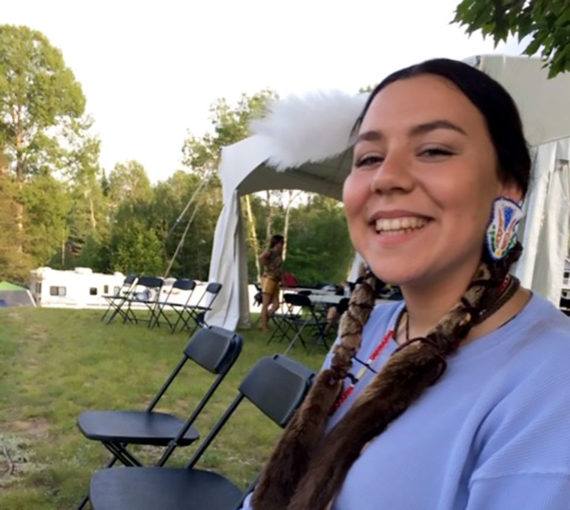
Sophia (Gatineau, Quebec)
“We will not rest until the injustices committed by our government are redressed. We need you to stand with us in our fight for climate justice. The power resides with the people.”
Sophia lives in Gatineau, Quebec, and is a member of the Metepenagiag First Nation, a Mi’kmaq community in New Brunswick. She is in university studying conflict studies and human rights with a minor in environmental studies. A passionate advocate for Indigenous rights and environmental protection, she is active in a number of grassroots and youth-led movements.
Sophia is also a jingle dress dancer and values the cultural and traditional practices of her community and its role in stewarding the land. She sees how climate change is threatening the availability of culturally and spiritually important salmon, moose, plants and medicines, and she is increasingly worried about her opportunity and right to learn cultural practices and pass them on to future generations.
